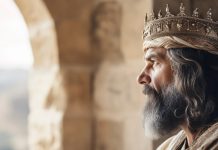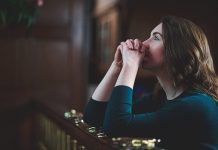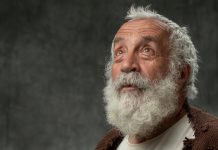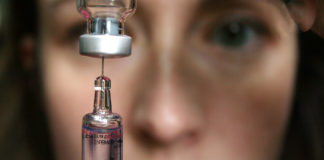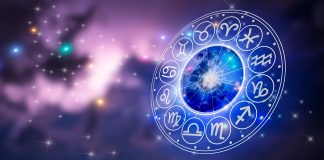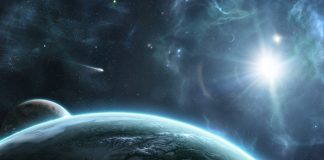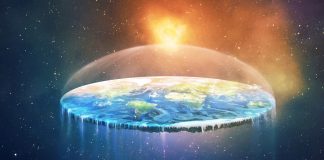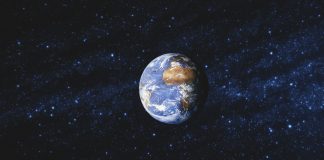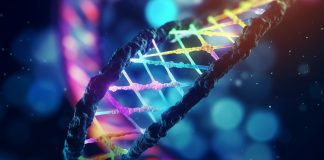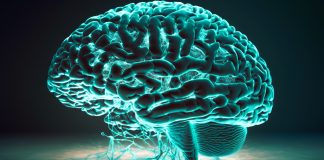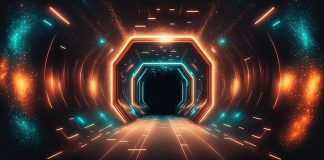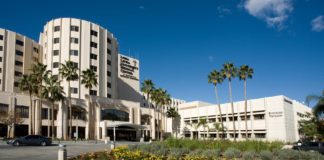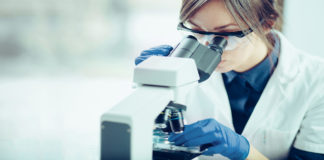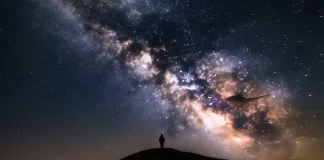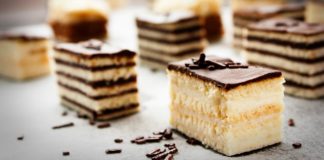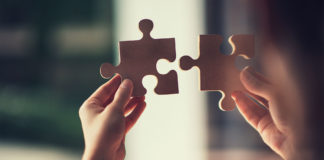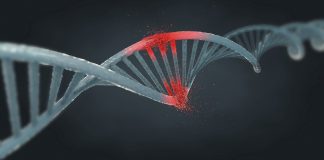The greed for knowledge
If science were a religion, how violent would it be compared with Christianity?
My daily horoscope really fits! True or false?
The daily horoscope is sometimes seen as a quasi-scientific method of predicting the future, other times as a preoccupation of childish adults, a way of calming one’s curiosity about tomorrow.
Science has proven that God doesn’t exist. True or false?
Marquis Pierre-Simon Laplace (1749-1827), a mathematician and astronomer and one of history’s most influential scientists, once had a meeting with Napoleon Bonaparte. Laplace came to offer the first consul of the republic a copy of his book, “Traité de mécanique celeste” (Treatise on Celestial Mechanics)—an analysis of the solar system that expanded on Isaac Newton’s conclusions.
Why do some people believe the earth is flat?
Around 10% of Americans and 7% of Brazilians believe that the Earth is flat, that the moon landing was a hoax, and that those vaccinated against Covid-19 unknowingly received a microchip along with the vaccine. Several more percent remain uncertain about the veracity of official information.
The flat Earth theory in the Middle Ages
Atheists frequently invoke the theory that in the Middle Ages, Christians (not just lay people, but even church leaders) believed in the myth of the flat Earth.
DNA: the language of chance, or of the Creator?
Scientific progress in understanding the DNA molecule and in deciphering the molecular mechanisms by which cells function can only be described as revolutionary. In the first of our "Genetics and Evolution" series of articles we examine the implications of these discoveries for evolutionary and creationist perspectives on the origin of life.
How to build a better brain
The first time he saw a living human brain, neurosurgeon Sanjay Gupta says it became “a powerful and life-changing experience."
Future technology and current concerns
"[B]ut test them all; hold on to what is good" (1 Thessalonians 5:21).
Hope, a legacy of another world
Hope can be palpable and elusive at the same time, both reasonable and independent of logic. Yet this independence from logic is not synonymous with indifference to reason, but a victory over it. Hope has its own logic, one that changes lives for the better.
Food and health with Dr Michael Orlich of the Loma Linda University Medical Center
When the founders of the Loma Linda University Medical Center in California laid the foundation, their purpose was somewhat paradoxical. Christians to the bone, and Adventists on top of that, they echoed the words attributed to the great reformer Martin Luther: “Even if I knew that tomorrow the world would go to pieces, I would still plant my apple tree.”
The risks of overrelying on genetic testing
Genetic testing is a new frontier in preventive medicine. But beyond this border, there lies a minefield of trial and error.
The redefinition that conquered the world
For Carl Sagan, renowned astronomer and militant atheist, God's place in the universe was certain: "The cosmos is all that is, or ever was, or ever will be." For Richard Dawkins, exponent of the "new wave" of atheism, true science is necessarily atheistic and materialistic. This paradigm dominates the scientific world today.
Is sugar the most dangerous drug?
While few people can remember the details of their first hit, everyone can identify with the rush of satisfaction, the tingling delight that starts on the tip of your tongue and then courses through your entire body.
Memories that shape the future
Out of the endless series of events we experience, some we remember, and others we do not. Some often come to mind and we relish recounting them, while others we wouldn’t reveal for anything in the world.
Humans and chimpanzees
Is the chimpanzee the human’s closest relative in the animal world? According to the theory of evolution, the answer is a categorical YES. Specialised literature abounds in generous estimates of human-chimpanzee genetic similarity, ranging from 96% to 99%. But how are these percentages obtained, what assumptions do they hide, and what do they mean beyond the evolutionary interpretation?








